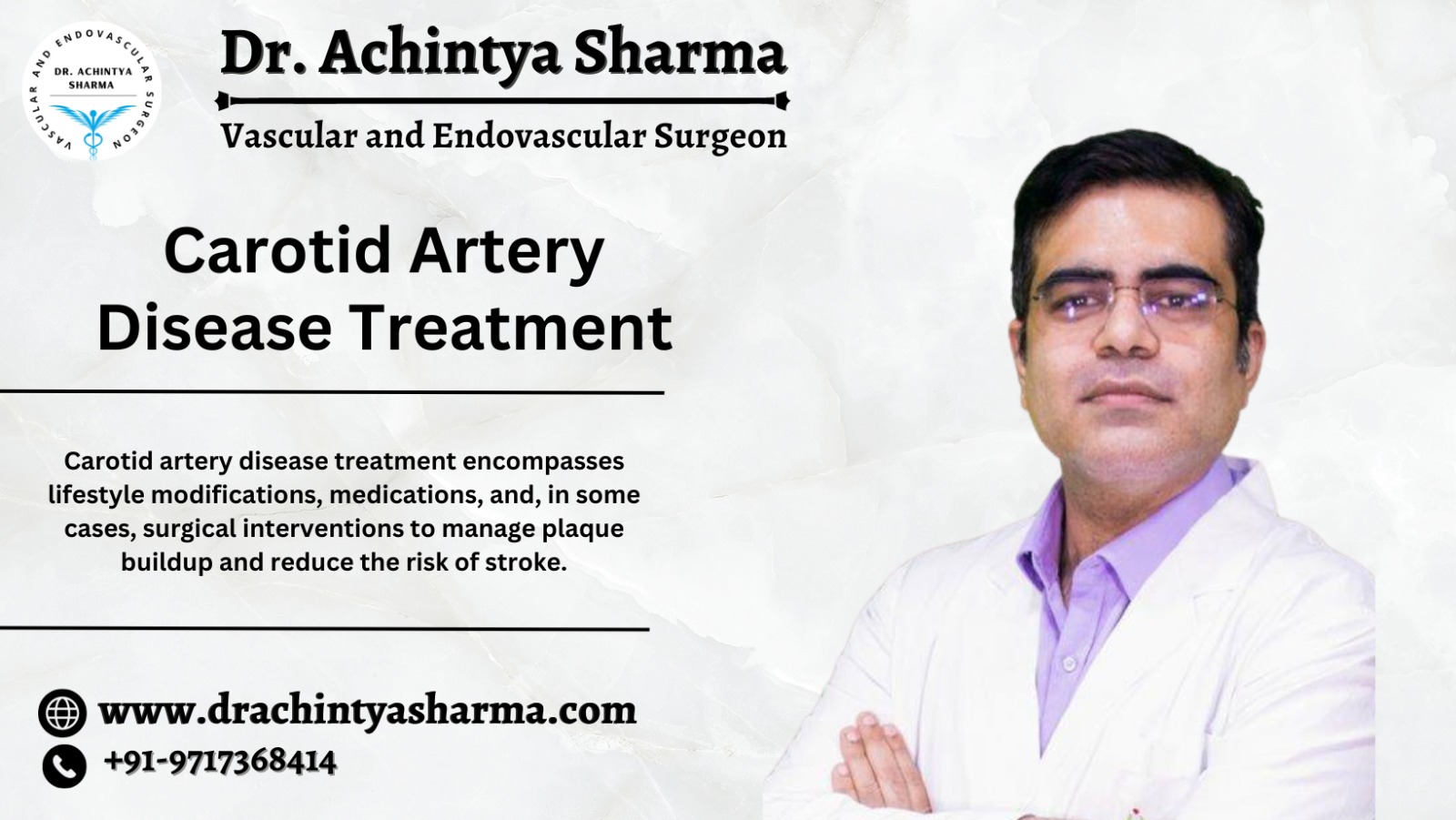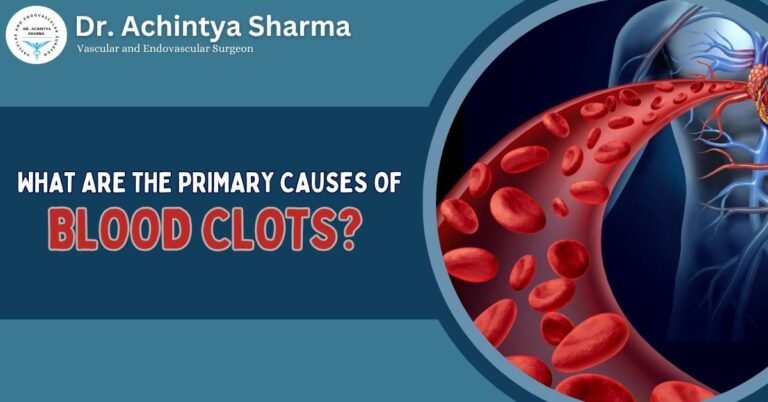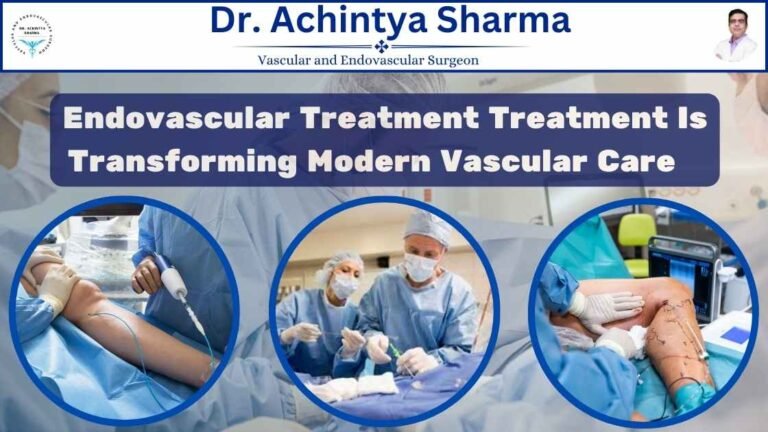Carotid artery disease is a serious condition that affects the major blood vessels in the neck. That supply blood to the brain. When these arteries become narrow or blocked due to fatty deposits called plaque. It can restrict blood flow and increase the risk of stroke. Fortunately, advances in medical science provide many effective methods for the management and relief of carotid artery disease treatment. In this article, we will explore the different treatment options available for carotid artery disease. The advances in medical technology that have revolutionized the management of this condition.
The Need for Medications for Successful Carotid Artery Disease Treatment
Antiplatelet medications: A primary goal of treatment for carotid artery disease is to prevent blood clots from forming. Antiplatelet medications, such as aspirin, can help reduce the risk of clot formation and subsequent stroke. These medications work by preventing blood platelets from clumping together and forming clots in narrowed arteries.
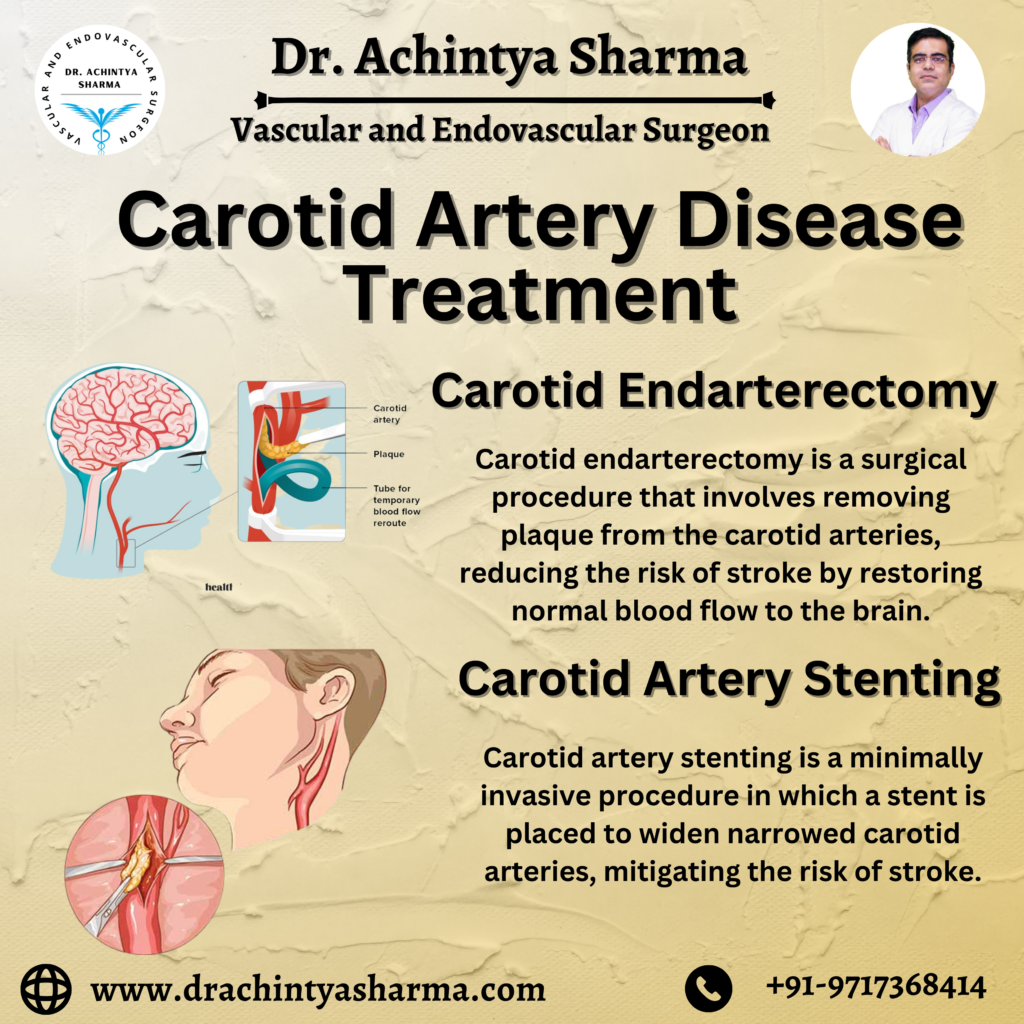
Surgical Intervention
A:carotid endarterectomy
Carotid Endarterectomy is a common surgical procedure used for carotid artery disease treatment. During the procedure, the surgeon makes an incision in the neck, exposes the blocked artery, and carefully removes the plaque build up. This surgery helps restore normal blood flow to the brain and reduces the risk of stroke.
B:carotid artery stenting
This procedure involves inserting a catheter into the blood vessels and placing a stent to widen the narrowed artery. The stent acts as a scaffold, keeping the artery open and improving blood flow to the brain. Carotid artery stenting is particularly beneficial for patients who are at high risk of complications from surgery.
Lifestyle changes and rehabilitation
Healthy eating: Leading a heart-healthy lifestyle is the foundation of carotid artery disease management. Adopting a heart-healthy diet is important in managing carotid artery disease. It is recommended to eat a diet rich in fruits, vegetables, whole grains, lean proteins, and low-fat dairy products. It is also essential to limit the intake of saturated and trans fats, cholesterol and sodium.
Quitting smoking:
Quitting smoking is important for individuals with carotid artery disease. Because it promotes healing of the arteries and reduces the risk of blood clots and stroke.
Regular exercise:
Engaging in regular physical activity, such as brisk walking, cycling or swimming. It can help improve blood circulation, maintain a healthy weight and reduce the risk of further plaque formation.
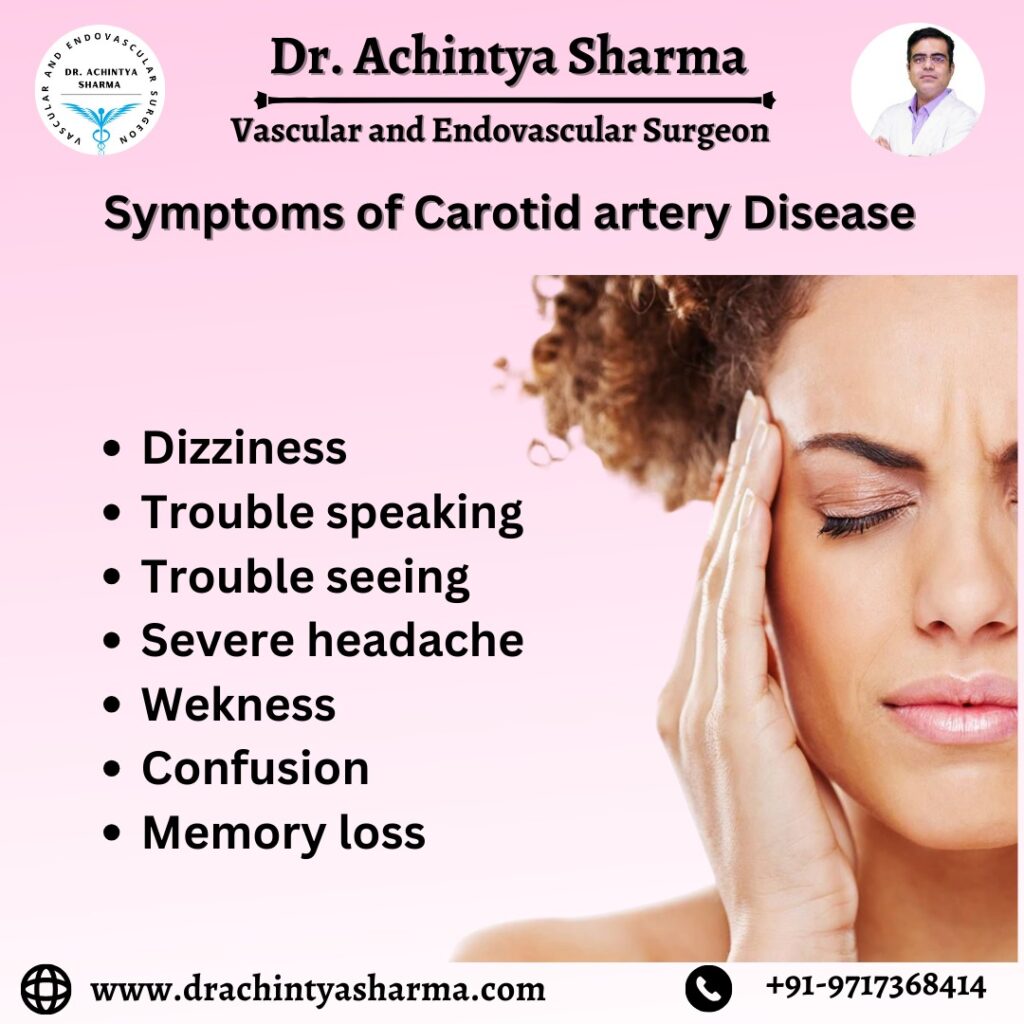
Medication adherence:
Strict adherence to prescribed medications, such as antiplatelet medications, cholesterol-lowering statins, and blood pressure medications, is important to effectively manage carotid artery disease and reduce the risk of complications.
A new treatment for carotid artery disease has been developed
Over the past few years, significant advances have been made in the treatment of Carotid Artery Disease. Providing patients with innovative and less invasive options. For example, the development of advanced imaging techniques, such as ultrasound and CT angiography, enables accurate diagnosis and monitoring of disease progression. Furthermore, the use of new generation stents in carotid artery stenting procedures has improved long-term outcomes and reduced the risk of complications. Furthermore, ongoing research in the field of pharmacotherapy has led to the discovery of new drugs that target specific aspects of the disease, providing hope for more personalized and effective treatment approaches in the future.
Conclusion:
In conclusion, carotid artery disease is an important health concern that requires prompt diagnosis and appropriate treatment. While medications play a vital role in managing the condition, surgical interventions, such as carotid endarterectomy and carotid artery stenting, provide effective solutions to restore normal blood flow to the brain. Making healthy lifestyle changes and participating in rehabilitation programs further enhance the overall management and prevention of complications associated with carotid artery disease treatment. Always consult a health care professional for personalized advice and guidance based on individual health needs. With advances in medical technology, the future promises even more innovative and tailored treatment options, which will ultimately lead to improvement.

